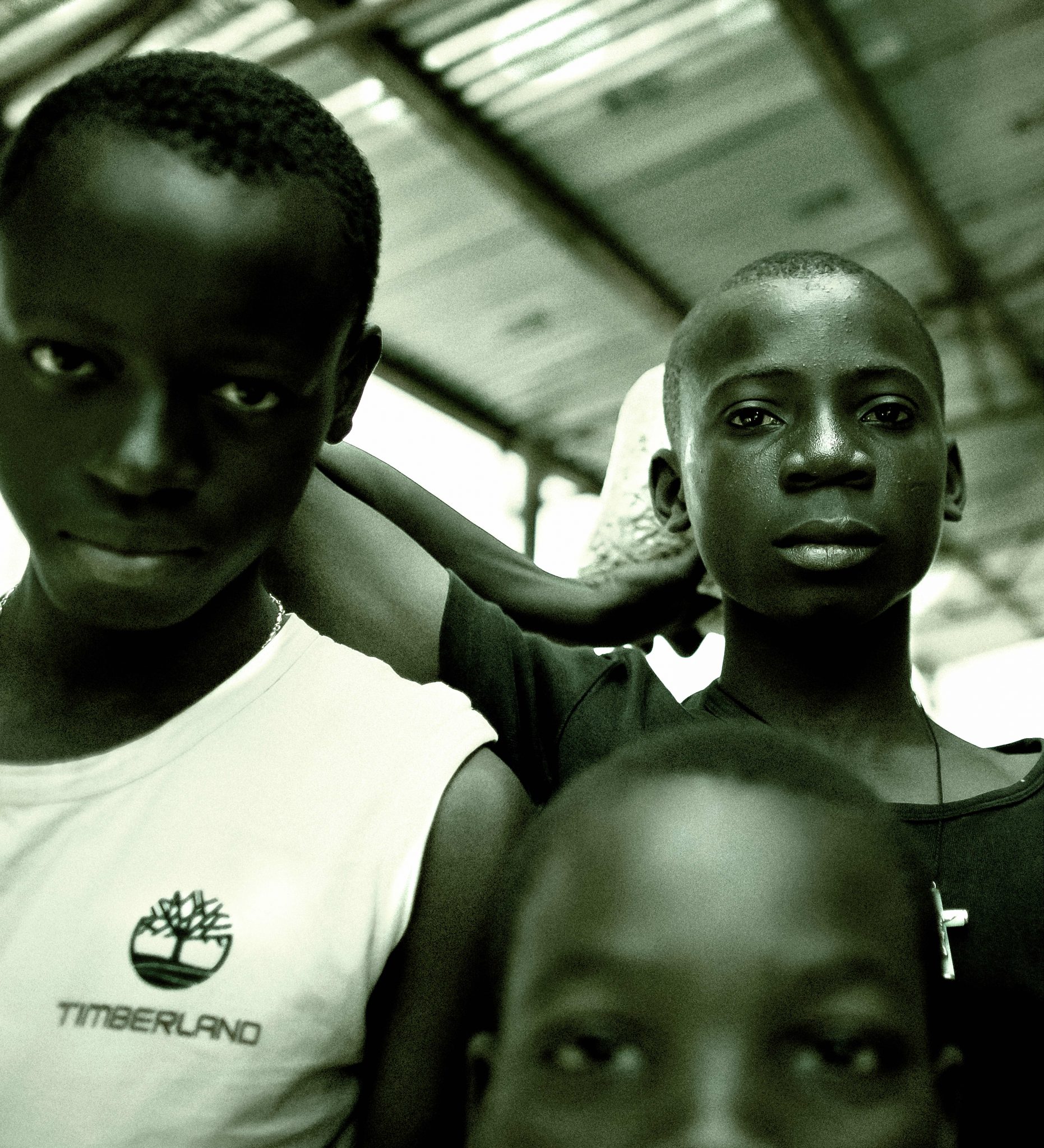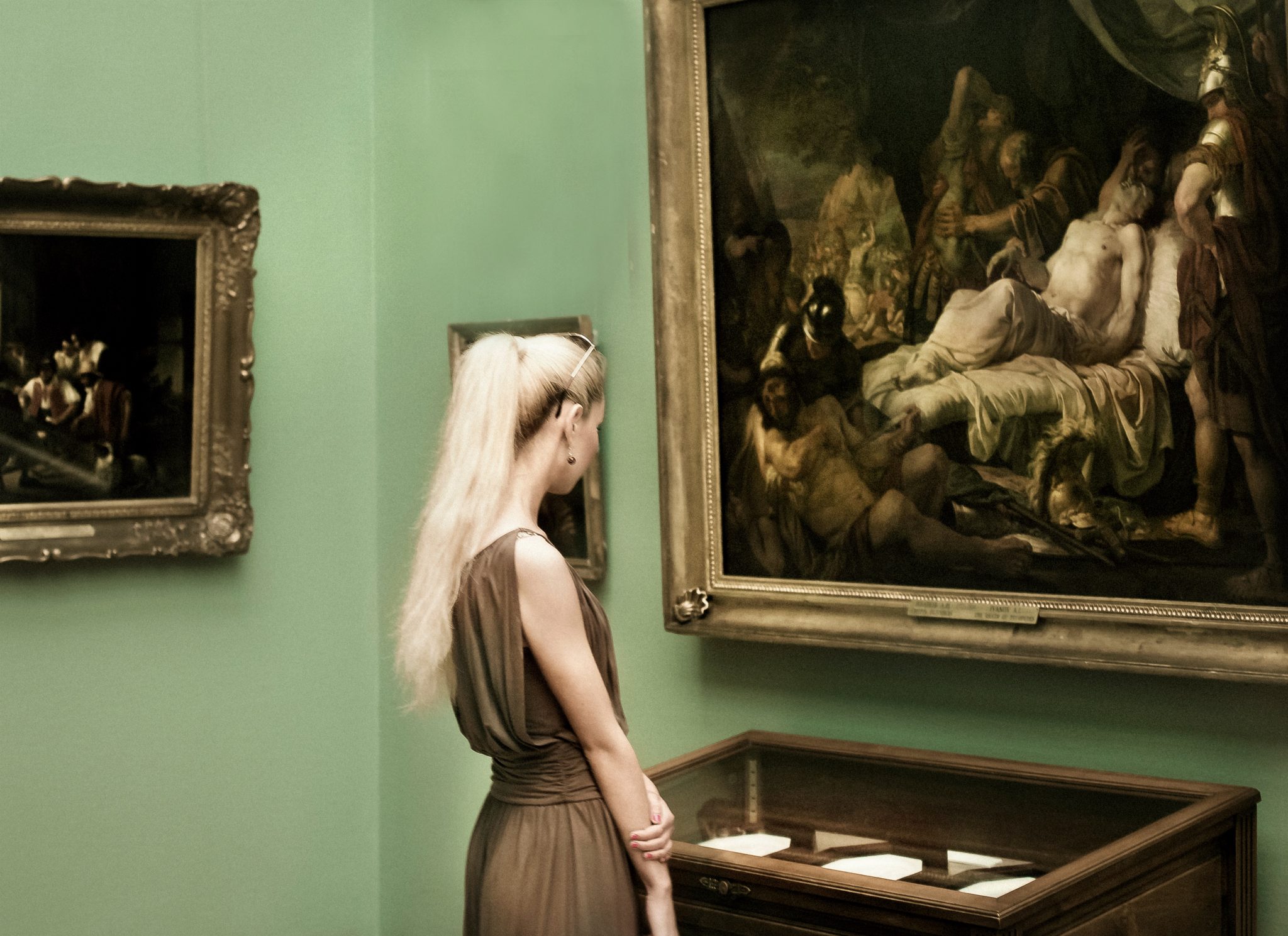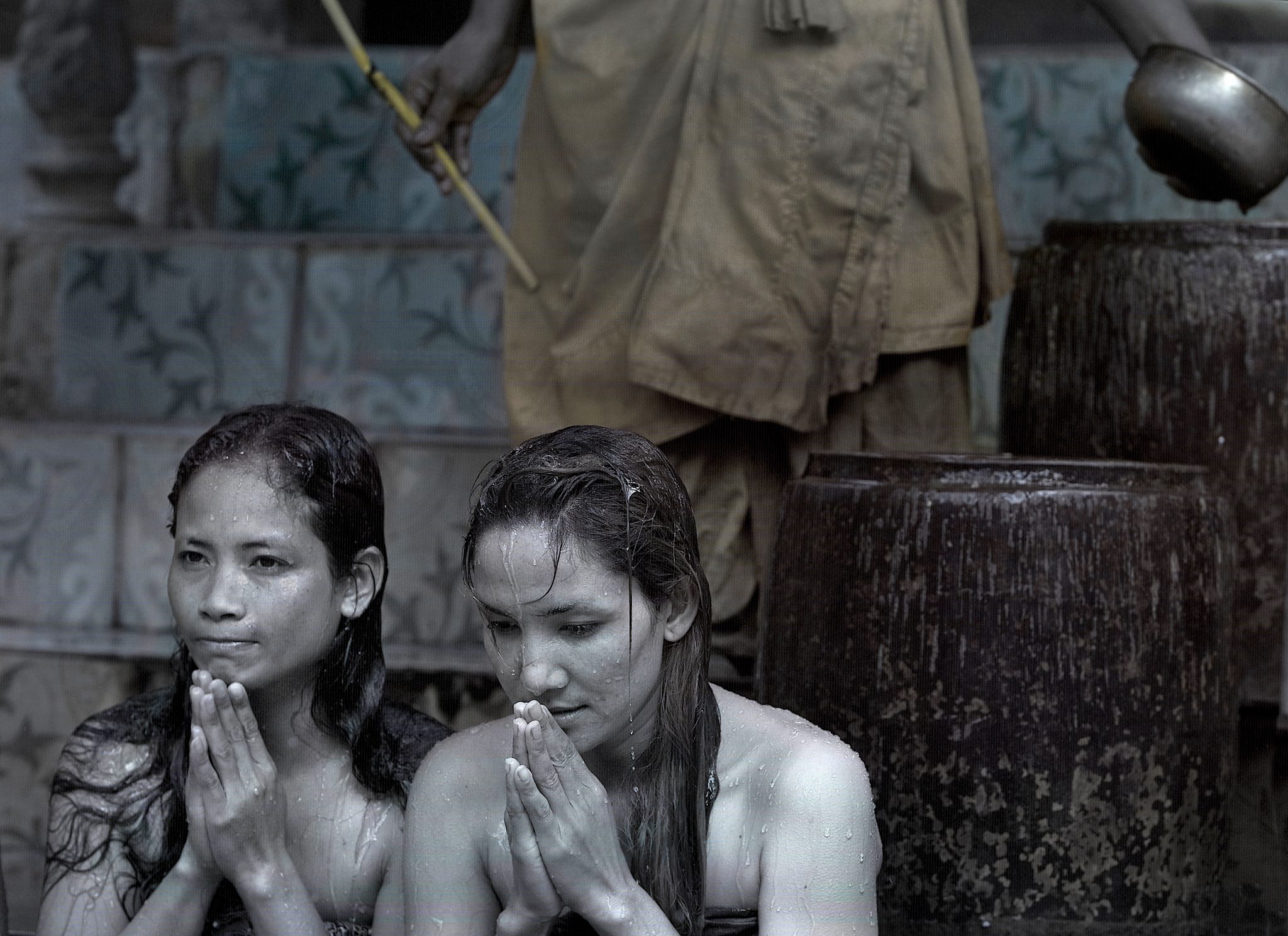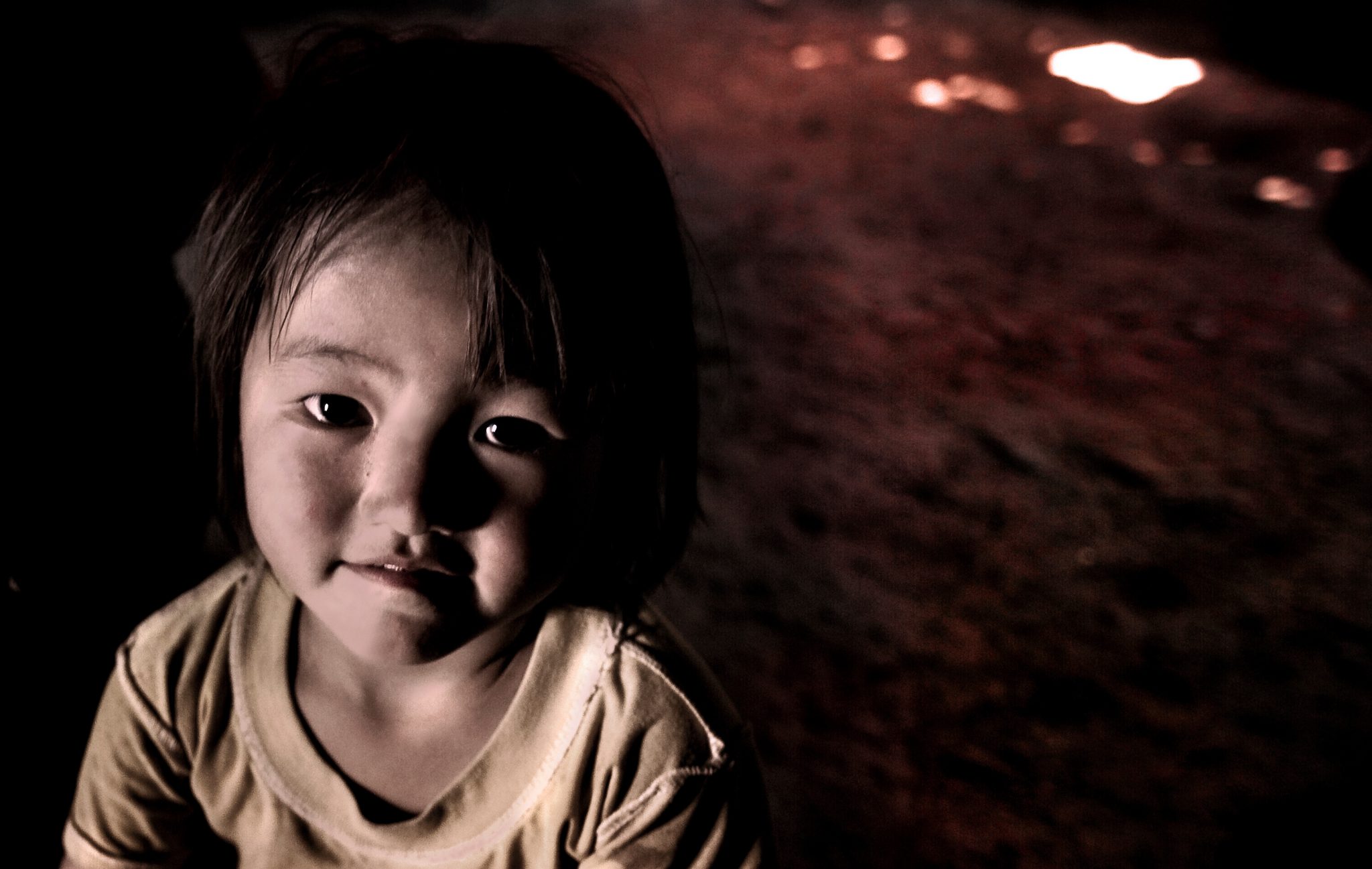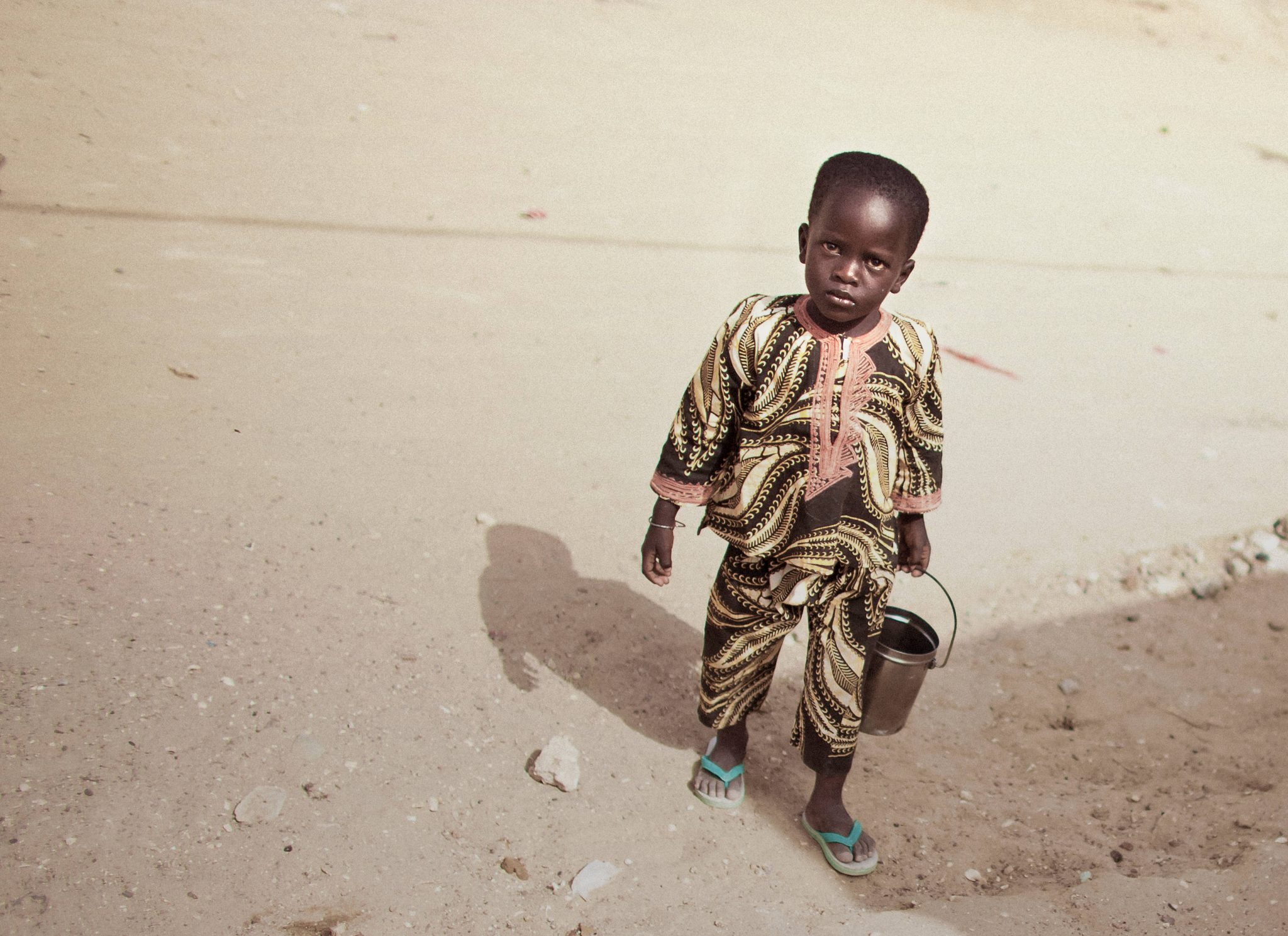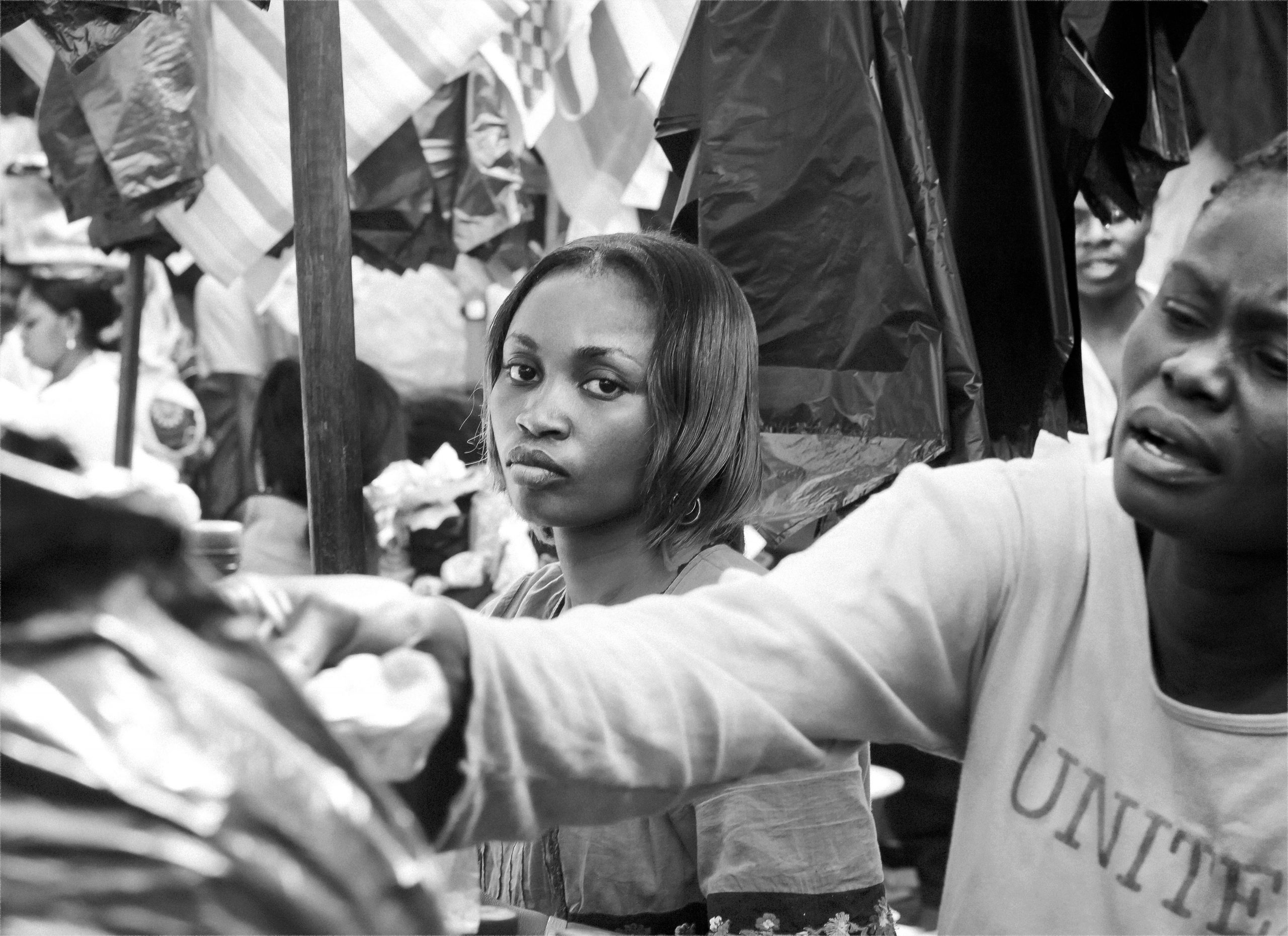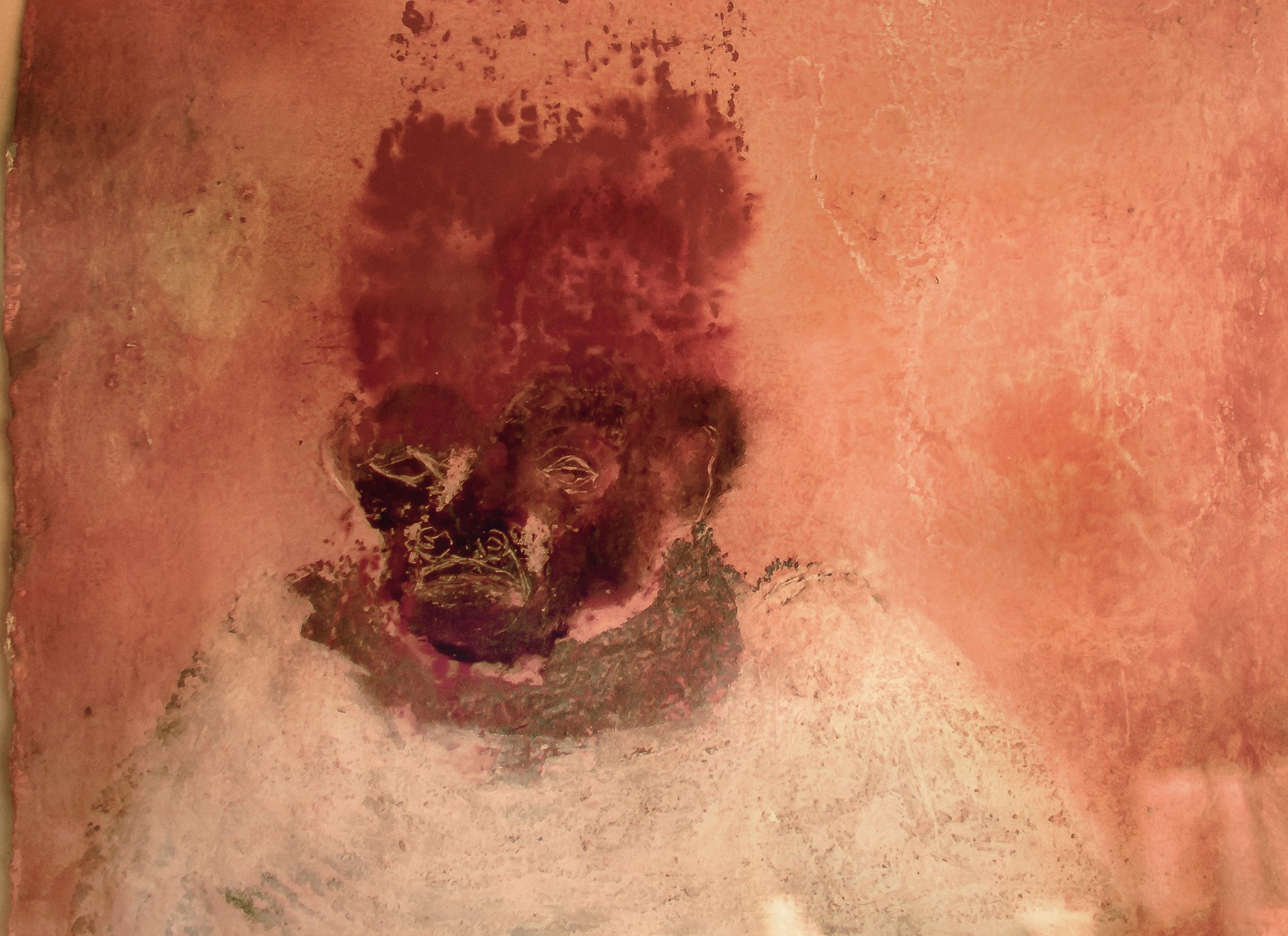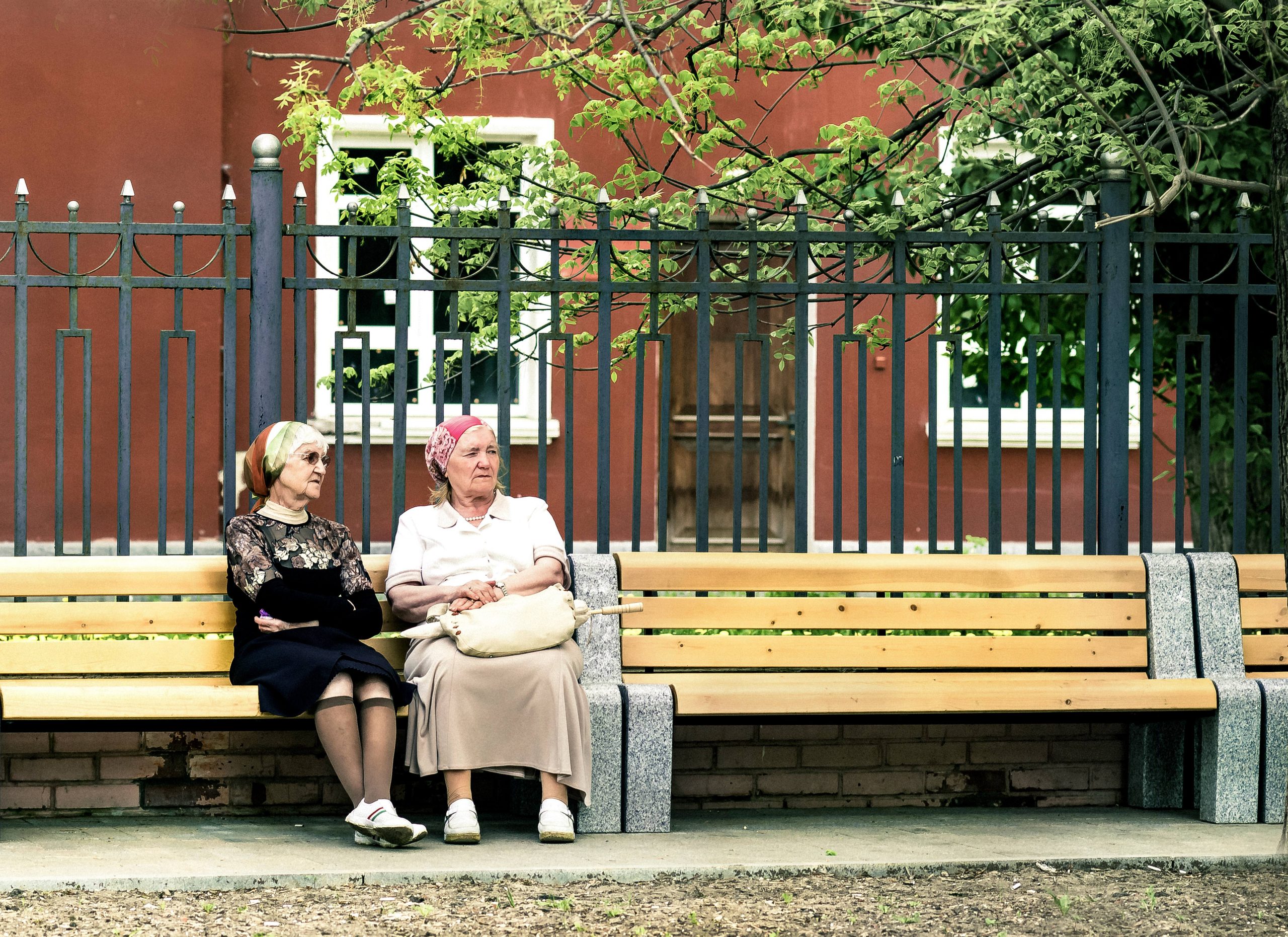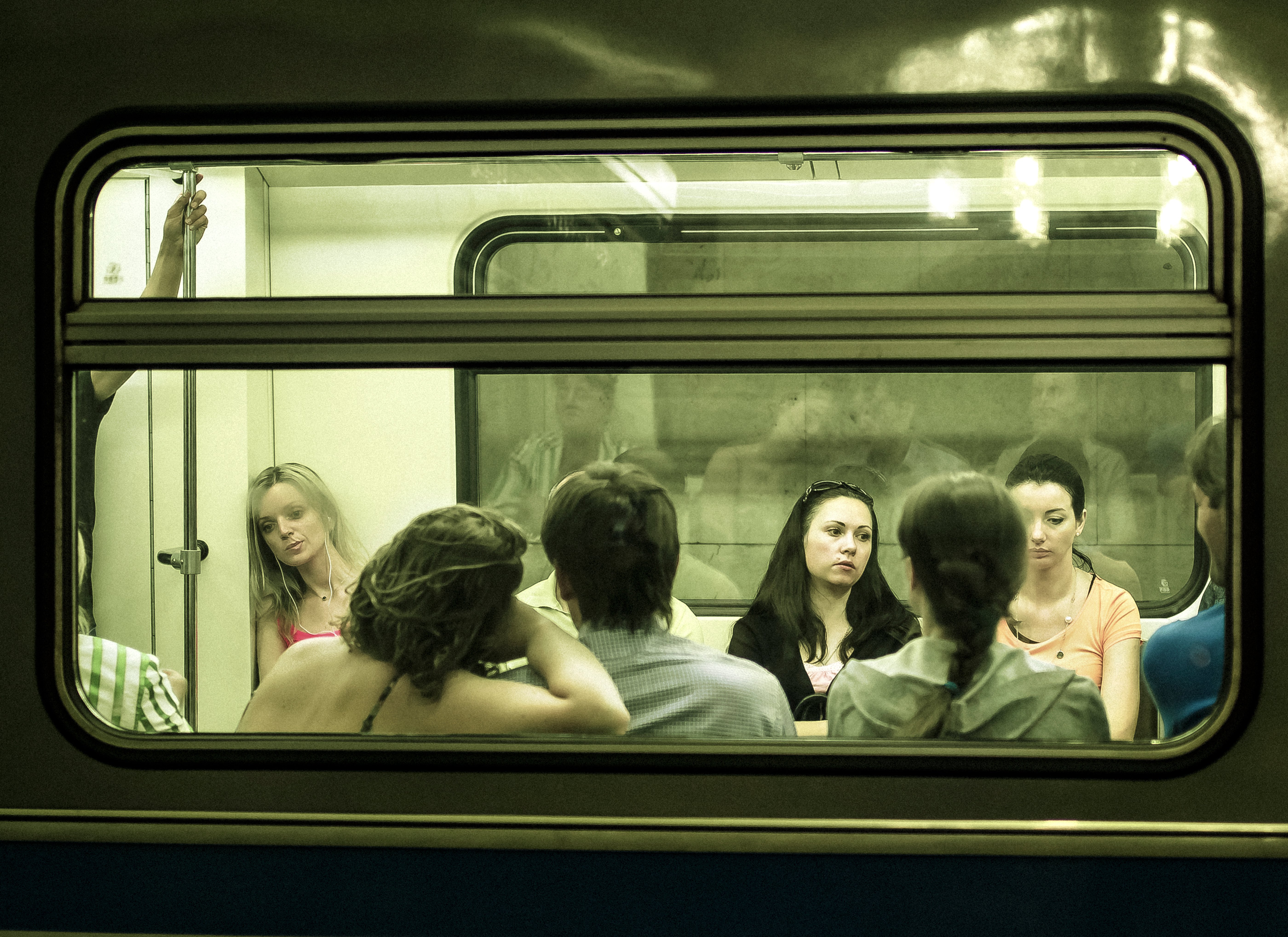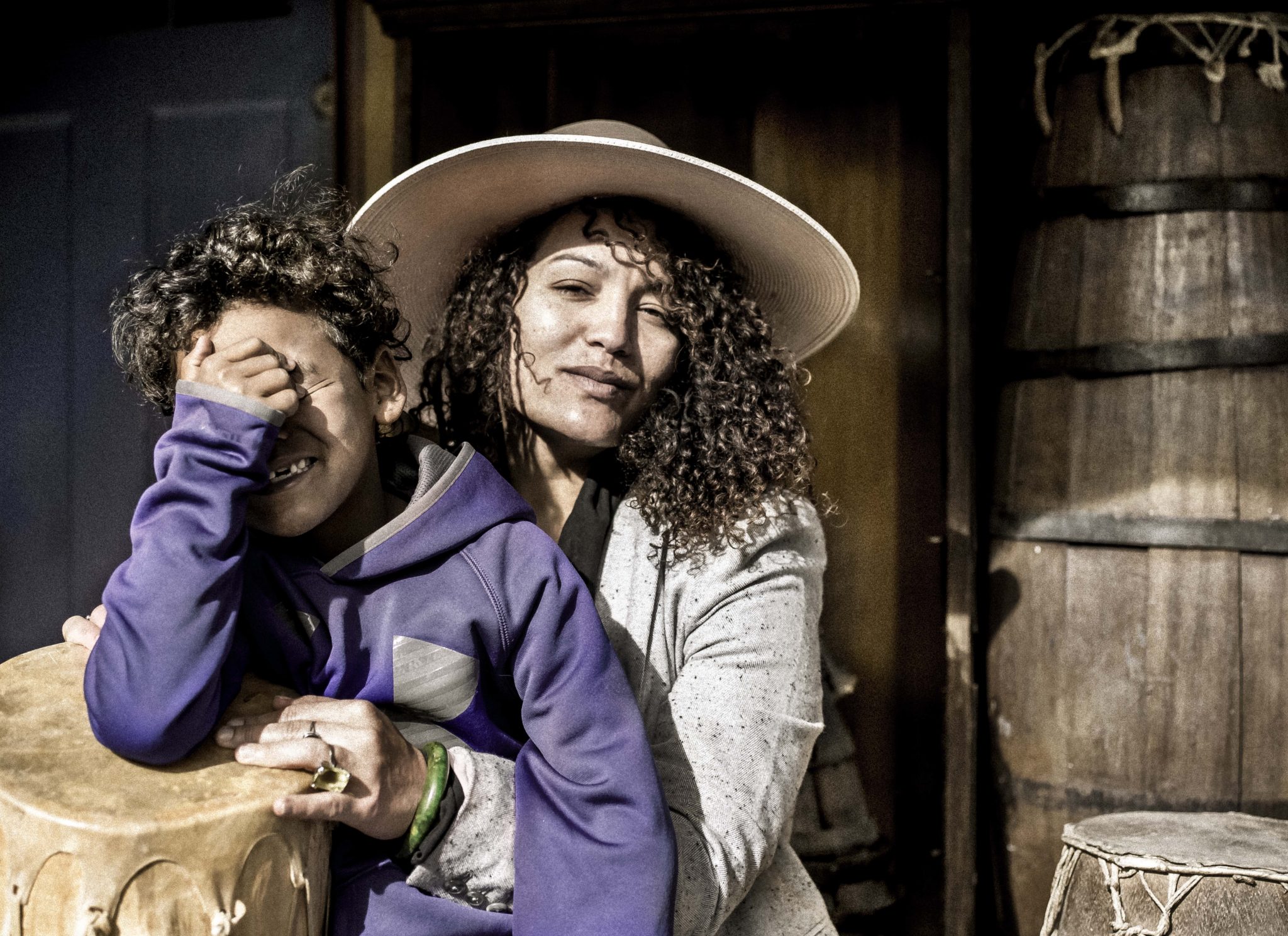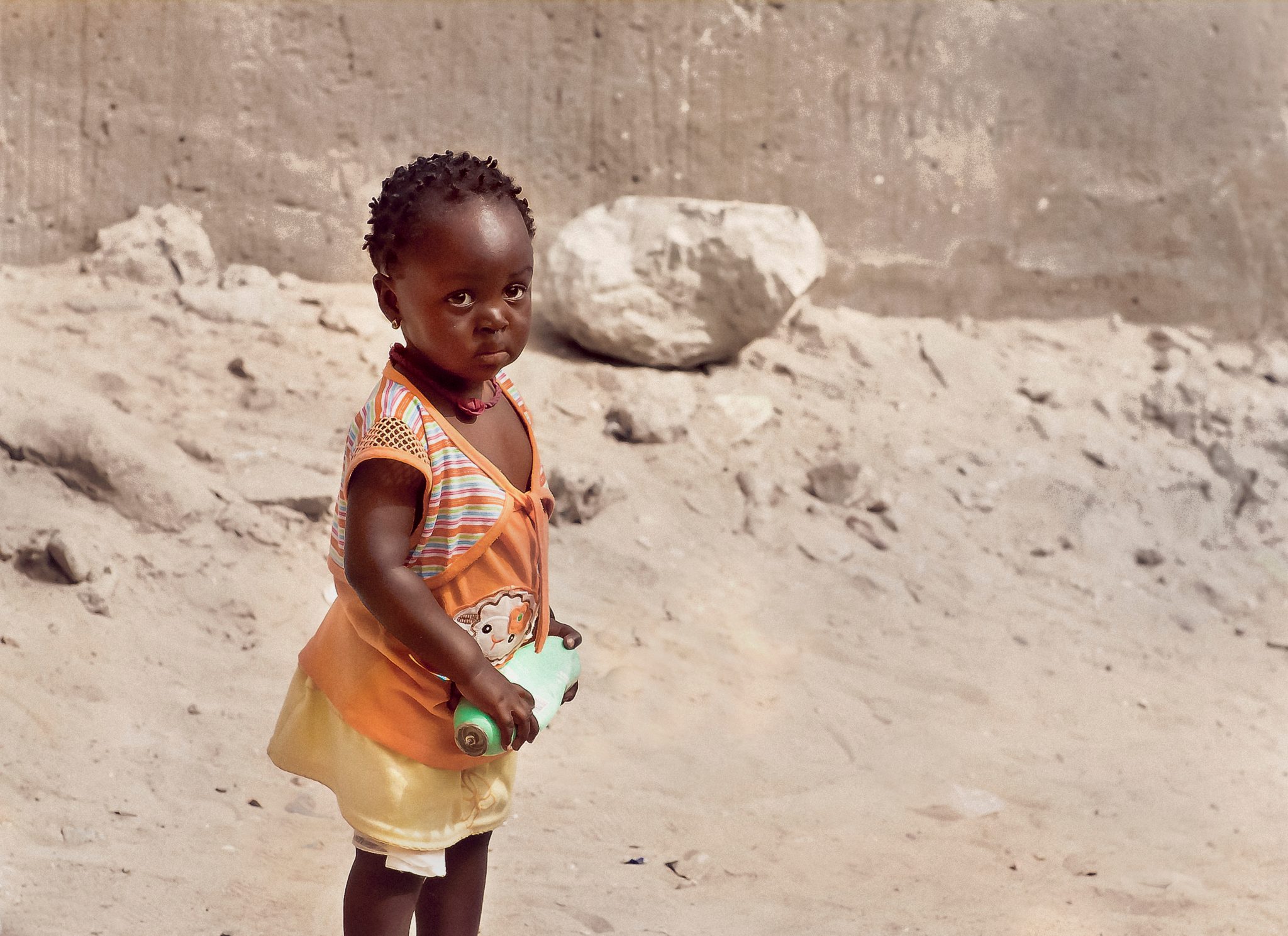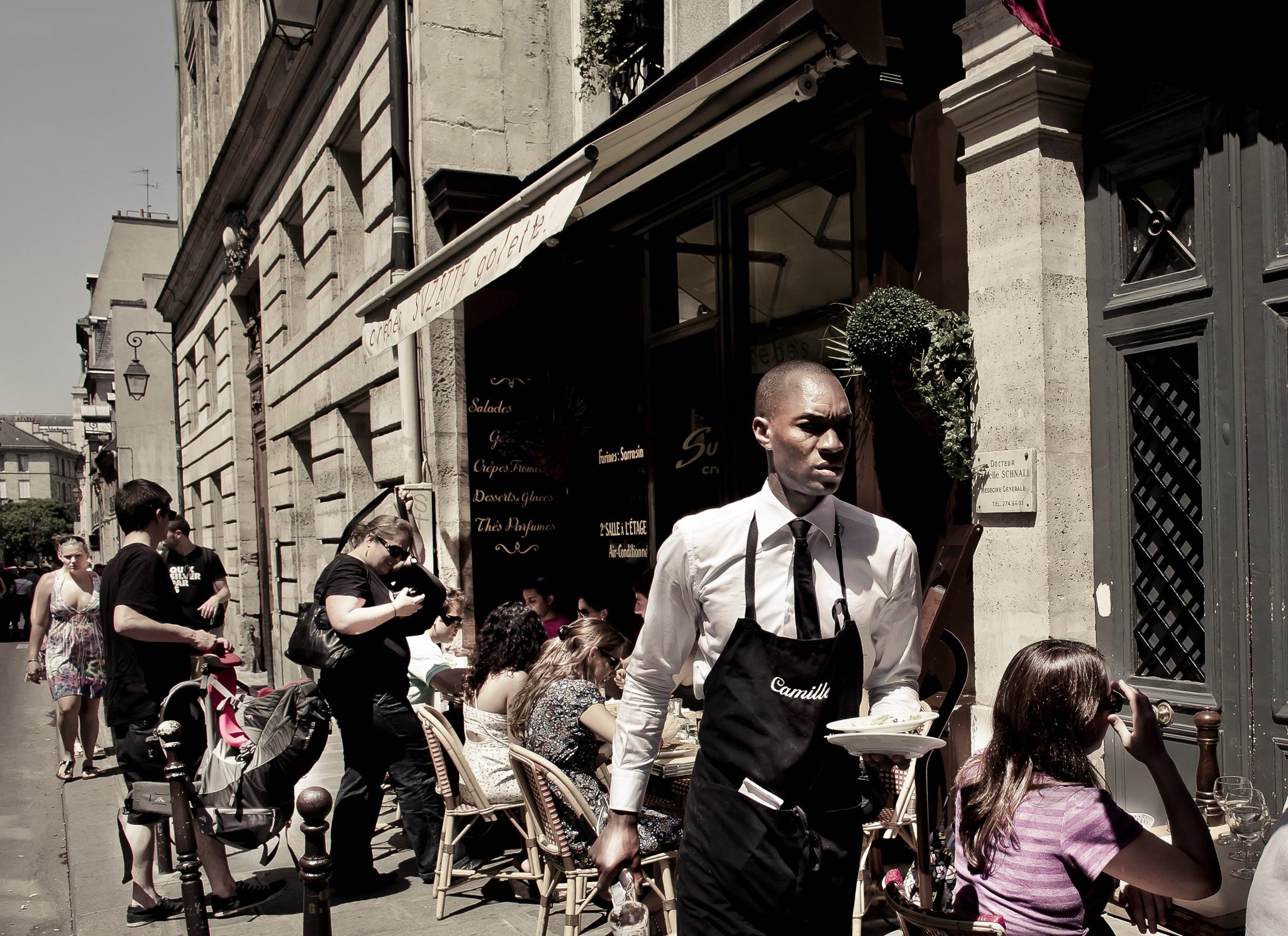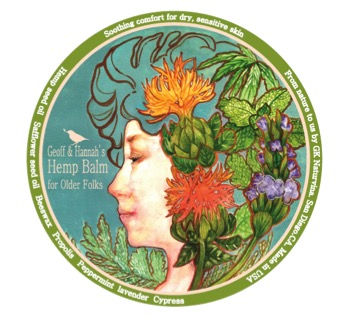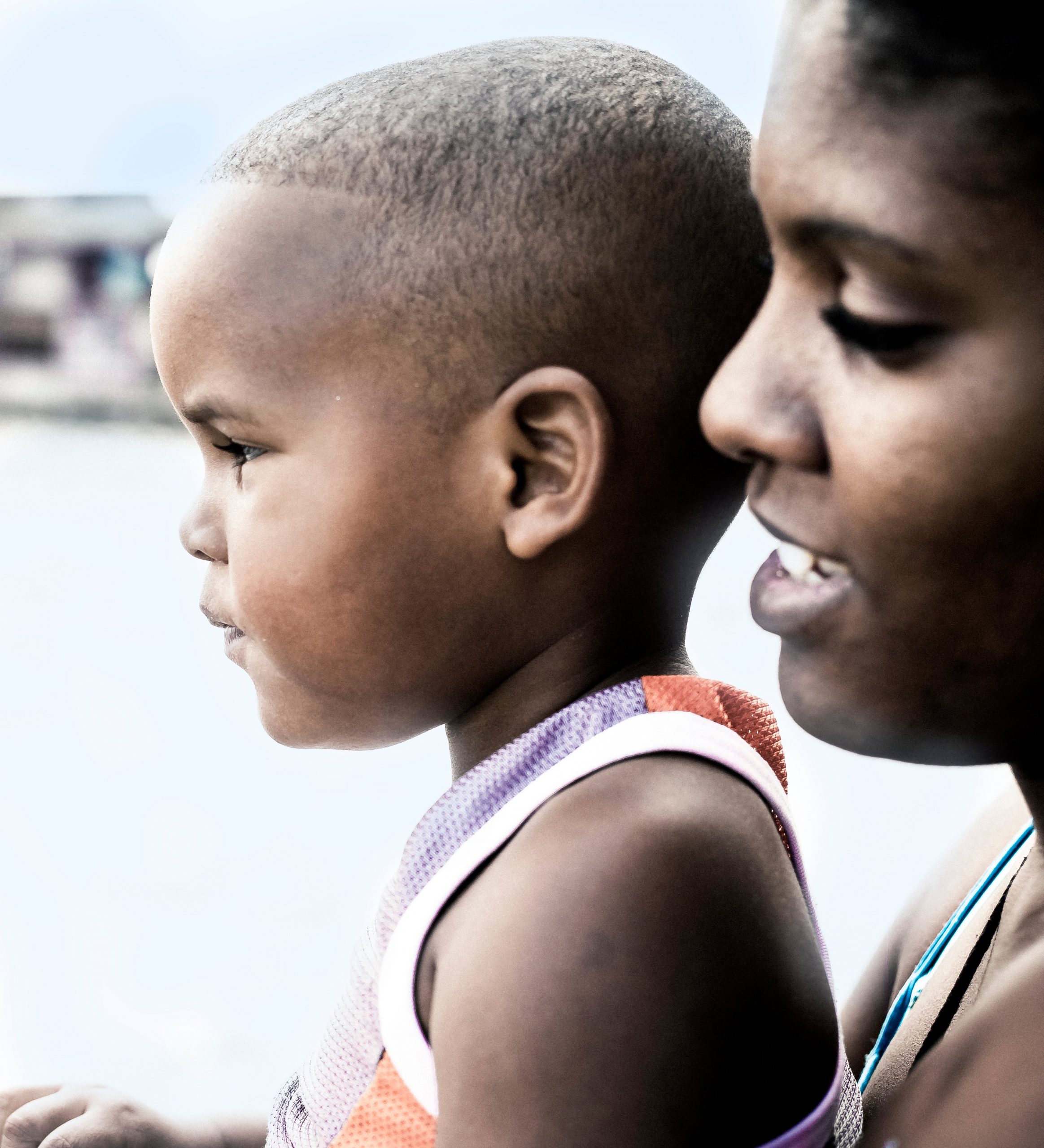
Esby in Rome
The sun’s rays blinded him while its heat radiated from the black asphalt under his feet and burned him. Esby walked, and as Julienne walked beside him, they turned the next corner and entered a smaller, side street and passed into the historic center—the heart—of the city. This street was narrow, no wider than a path, and, like most of the streets of il centro storico, closed to automobile traffic.
On both sides, the ancient buildings, scarred by weather and human agents, rose straight up for a hundred feet or more, obscuring the light.
A head emerged from an opening, a window, in the stucco wall above perhaps half way to the top of the building on the right side of the path and almost directly above them. Two brown eyes in a woman’s face met his blue eyes, lingered for a few seconds, shifted slightly to his left, and rested on Julienne’s black face. Then the head withdrew. The image lingered in his mind.
Julienne and Esby emerged onto Piazza Navona and walked to its center, stopping in front of an opulent stone structure, Fontana dei Fiumi, one of the many creations of the Italian sculptor Bernini, with its four statues, each one representing one of the four great rivers known to the western world during the 1600s—the Danube, the Rio de la Plata, the Ganges, and the Nile. He pointed to the two ends of the piazza with its elliptical shape and identified the other two fountains, Fontana del Moro and Fontana del Nettuno.
“Oh, I want a glace,” Julienne said, using the French word for ice cream. She was staring at a little shop to their right. “Let’s go over there. What is the name? Il Finocchio?”
Esby laughed. The name. The accent. He thought he had heard wrong. He looked at Julienne.
“What did you say?” Esby asked.
He turned his gaze to the ice cream parlor. It had a sign above its doorway showing an image of a pink, smiley face with a tongue protruding upward and the words, stenciled in large, black letters, Gelateria Il Finocchio. Esby laughed again, this time harder. Julienne looked at him, but said nothing. The word, finocchio, he knew, had two meanings in Italian: first, it meant fennel, a kind of vegetable; second, it meant homosexual or, more specifically, a gay man.
The only people present on their side of Piazza Navona either stood in line in front of Il Finocchio, waiting to purchase ice cream, or they lingered in groups nearby, holding cups and eating from them.
“What flavor do you want?” Esby asked. Vanilla was her favorite.
“Vanilla,” she replied, “Or dulce de leche.”
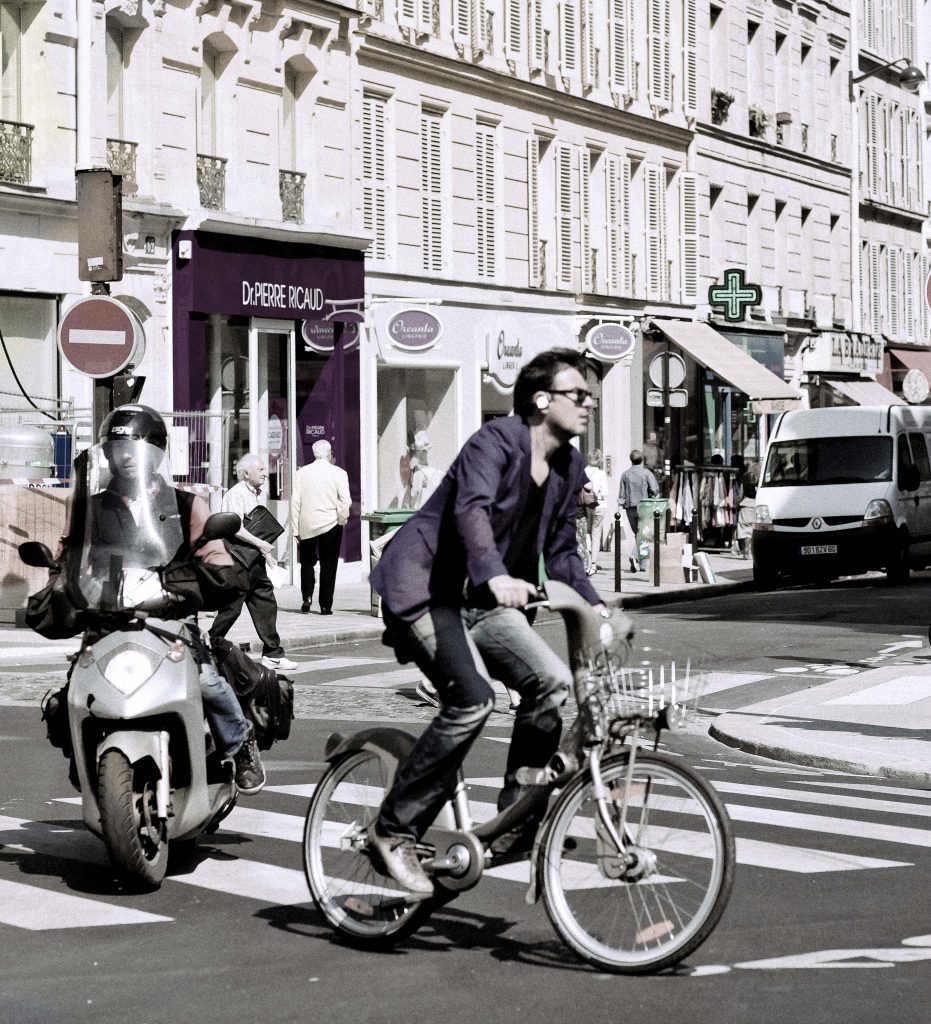
Esby looked more closely at the tiny store. It had no tables, either inside or outside, and, in fact, it had space for only a counter and about six containers of ice cream to one side. A lone man, with a black goatee and a pot belly covered by a white apron, stood behind the counter shoveling scoops of the cold, smooth substance into round, paper dishes.
After Julienne accepted a scoop of vanilla in a paper dish from the man, Esby paid, and he and Julienne left the gelateria, strolling toward the end of the piazza and the sprawling Fontana del Nettuno. While Julienne walked, she maneuvered the miniature, plastic spoon inside the small, paper dish, and then she moved it into her mouth. She interrupted the cycle once and offered a spoonful to Esby, and he allowed it to pass through his lips. The ice cream was good.
“Let’s take another photo,” Esby said. “Of both of us this time.”
Julienne glanced at him. They stopped next to the Fontana del Nettuno. Esby looked down at the camera in his left hand, as if reassuring himself that he still had it. When he looked up, he saw a man observing him from one of the benches situated at intervals along the periphery of the piazza. His eyes met the man’s eyes. The man smiled, revealing a stark contrast between the white of his teeth and the black of his skin, and then the man approached.
“The ice cream is good, isn’t it?” the man said, speaking in English.
The black man spread his arms and hands wide, looking, first, at Esby and, next, at Julienne, allowing his gaze to linger on her. Tall with full features, the man, apparently of middle age, had a smooth, hairless skin which glistened in the afternoon sun. He wore a light-colored, formless suit, slightly frayed, a white shirt, and a blue tie, loosened at the neck. He spoke English well, with a rich, deep voice and an accent probably acquired in the schools of his native country, but possibly, too, in England, Esby thought.
“Losáko, sángo níni? Moi bási kitóko,” the man said, suddenly, in a different tone of voice, as if reciting poetry, his eyes focused on Julienne’s face. Esby immediately knew the man was speaking Lingala, one of the principal languages of the Democratic Republic of Congo.
Julienne’s blush was almost instantaneous, delayed by an initial surprise. It spread quickly across her features and down her neck, starting from her nose and cheeks and radiating outward across her face and neck.
“The sun shines on all beautiful women,” Julienne repeated, this time in English, glancing at Esby, with the imprint of the blush and the smile still on her face. Esby studied the man, who again revealed the stark contrast between the white of his teeth and the black of his face. Esby realized he was not surprised by the man’s words in Lingala.
A large group of tourists, all women, approached, talking loudly in French. Esby ignored them.
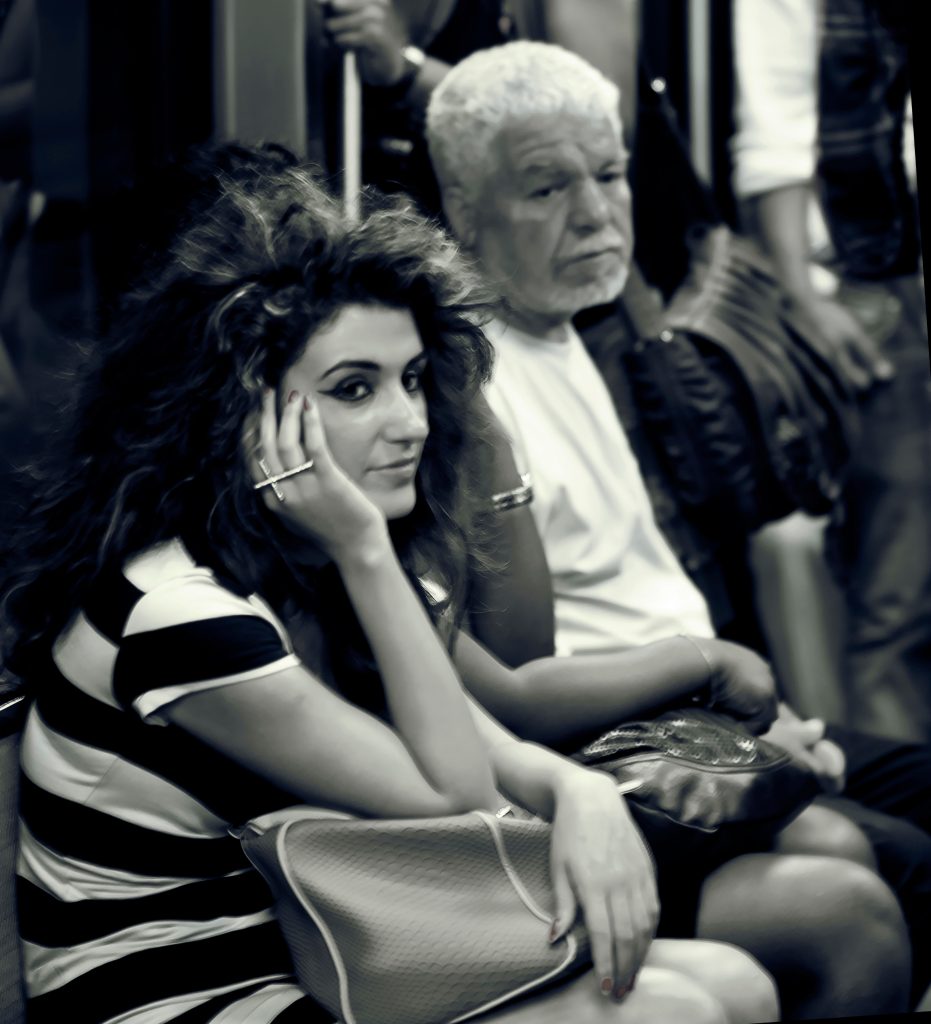
“I would recognize a Congolese beauty anywhere,” the man said. He took off his coat, draped it over his left shoulder, and rolled up the sleeves of his shirt. In the same lilting voice, he added, still looking at Julienne, “You come from the capital, Kinshasa. Am I right?”
Julienne nodded, her smile becoming bigger.
“Would you like me to take a photo of the two of you?” the man asked. He folded his coat and lay it on the edge of the Fontana del Nettuno.
Esby placed the camera in the man’s hand and looked at Julienne. Neither he nor she said anything, but together they moved to a spot in front of the fountain, where Neptune prepared to vanquish a group of sea monsters with fangs bared. The Congolese man took the photo, returned the camera to Esby, and picked up his coat.
The French women now were still standing to one side, staring at Esby and Julienne. But, for some reason, they no longer were talking. They were completely silent.
“Enjoy yourselves in Rome,” the Congolese man said, abruptly, looking from Julienne to Esby and turning to leave. Then he stopped. “Until we meet again,” the man said, looking at Esby. When he looked at Julienne, he said, “Tíkala malámu,” and disappeared into a crowd.
A strange scent filled the air. The smell of body odor came from the French tourists, all female, standing nearby. Esby turned his head slightly to his right and watched as a second group of French tourists approached and stopped next to the first one. The second group of tourists was composed of men. The members of both groups were eating ice cream, laughing, and talking loudly now. Julienne listened for a moment to one of the conversations.
“Mon Dieu,” Julienne muttered, contorting the features of her face in disgust and bringing her right hand to a point six inches in front of her nose. With her right wrist as a pivot point, she waved her hand up and down, fanning the air. She grimaced and puckered her lips, betraying disgust. A woman in the first group noticed Julienne’s gesture and said something to one of her companions. Esby laughed. Julienne looked at Esby.
“Damn, who is giving off that horrible odor?” Esby asked. He looked around. “Someone in the women’s group or in the men’s group?”
“Are you serious?” Julienne replied. “A woman. I can smell her sweat mixed with her perfume.” Esby laughed. Julienne shrugged.

“Some French men prefer women who stink,” Julienne said. “It’s a fact.” She was silent for a moment. Esby thought she might be holding her breath. “I’m tired,” Julienne said, abruptly. “Let’s go back to the hotel,” she added, and she started to walk away.
A French woman, who wore a white tank top, leaving her arms bare to her shoulders, raised an arm as if in greeting, but seemed to change her mind, diverting the movement of her hand to adjust her sunglasses on the bridge of her nose.
Esby caught up with Julienne and began walking across Piazza Navona toward an outlet at one end of the piazza which led in the direction of the hotel. Julienne followed. They pushed through crowds of tourists and smaller, more relaxed groups of locals.
Esby wanted to navigate the maze of streets before him and lead Julienne back to the hotel quickly, but he had only a vague notion of how to do it. His shoulders slumped. His body seemed to lose power and within minutes he was paralyzed.
Without realizing it, Esby started moving west toward the Tiber River and their hotel on the other side of the river. He saw fewer tourists and more Italians, and the crowds began to grow by degrees. At one point, Esby realized that one stream of Romans flowed in one direction on one side of the street, and another stream flowed in the opposite direction on the other side. But now, the two streams seemed to merge.
Esby found himself shoulder to shoulder and hip to hip with wave after wave of people who dressed with impeccable care and style and who stared at them with ferocity. He felt the people directed all of their attention at him and at her. He became self-conscious, withdrawing into some undefined part of himself. The movements of his legs and arms, which before required separate acts of will, became mechanical. His feet and legs moved instinctually. He was vaguely aware of Julienne behind him, but she seemed too far away to see clearly. He didn’t try to turn and talk with her, and she didn’t try to speed up and walk next to him. On the contrary, she seemed to adjust her pace so that she stayed ten to fifteen feet behind him no matter how dense the crowd became.
Esby’s eyes detected a familiar landmark in the distance. His legs picked up their pace. The water of the Tiber River, Esby could see as he approached, absorbed the slanting rays of the sun, revealing vague shapes below its surface and making him more uneasy. He seemed to be looking into a nether world. Esby stopped. Julienne stopped, too, somewhere behind him.
***
